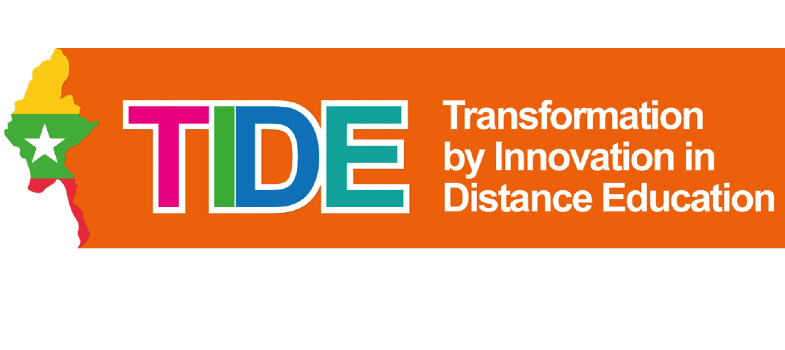2 How to protect yourself
At the beginning of the week, you were asked to note down how you felt about online safety. You may have expressed concerns about your personal data being taken, or you may have been worried about viruses on your own computer. Using strong passwords and two-factor authentication are good first steps towards protecting yourself, but there are other measures you can put in place to improve your confidence when exploring the internet.
As more services move online, cybercrime in Myanmar is becoming more widespread. There are some organisations with useful websites that can help you stay safe online.
- Get Safe Online [Tip: hold Ctrl and click a link to open it in a new tab. (Hide tip)] is the UK’s leading source of unbiased, factual and easy-to-understand information on online safety.
- Guide to internet security from Cyber Security and Cyber Bay Kin from Myanmar, the first in English, the second in Myanmar language
- Reliable information about current scams and hoaxes at Hoax slayer.
Knowing how to protect yourself online is one step towards improving your digital well-being. The next section looks at this in more detail.
Over the next few sections, you will be finding out how to protect yourself in four different areas. As you read through, use your reflective journal to make a note of any advice or websites that will be useful to you, either now or in the future.
1.1 Passwords
